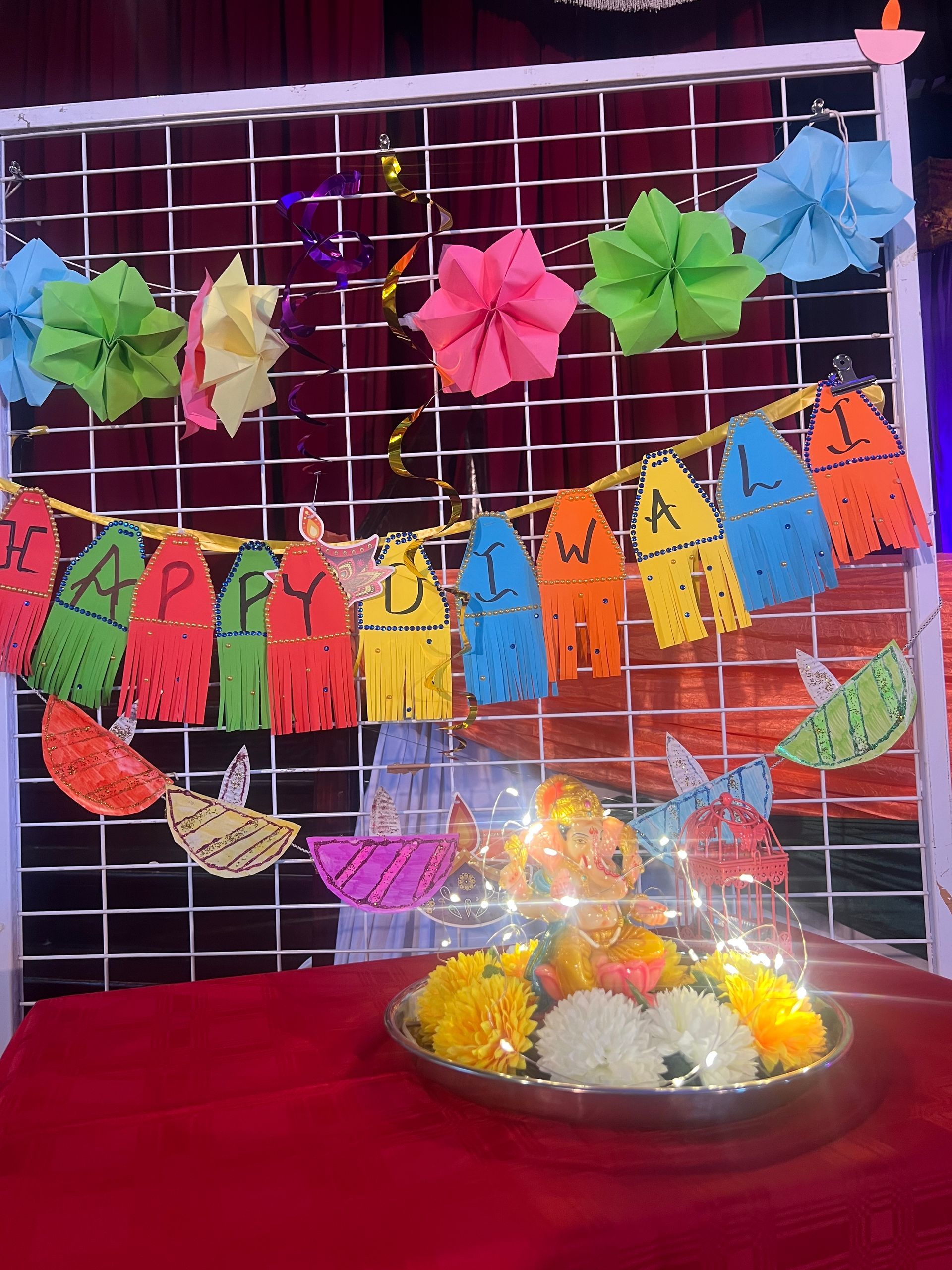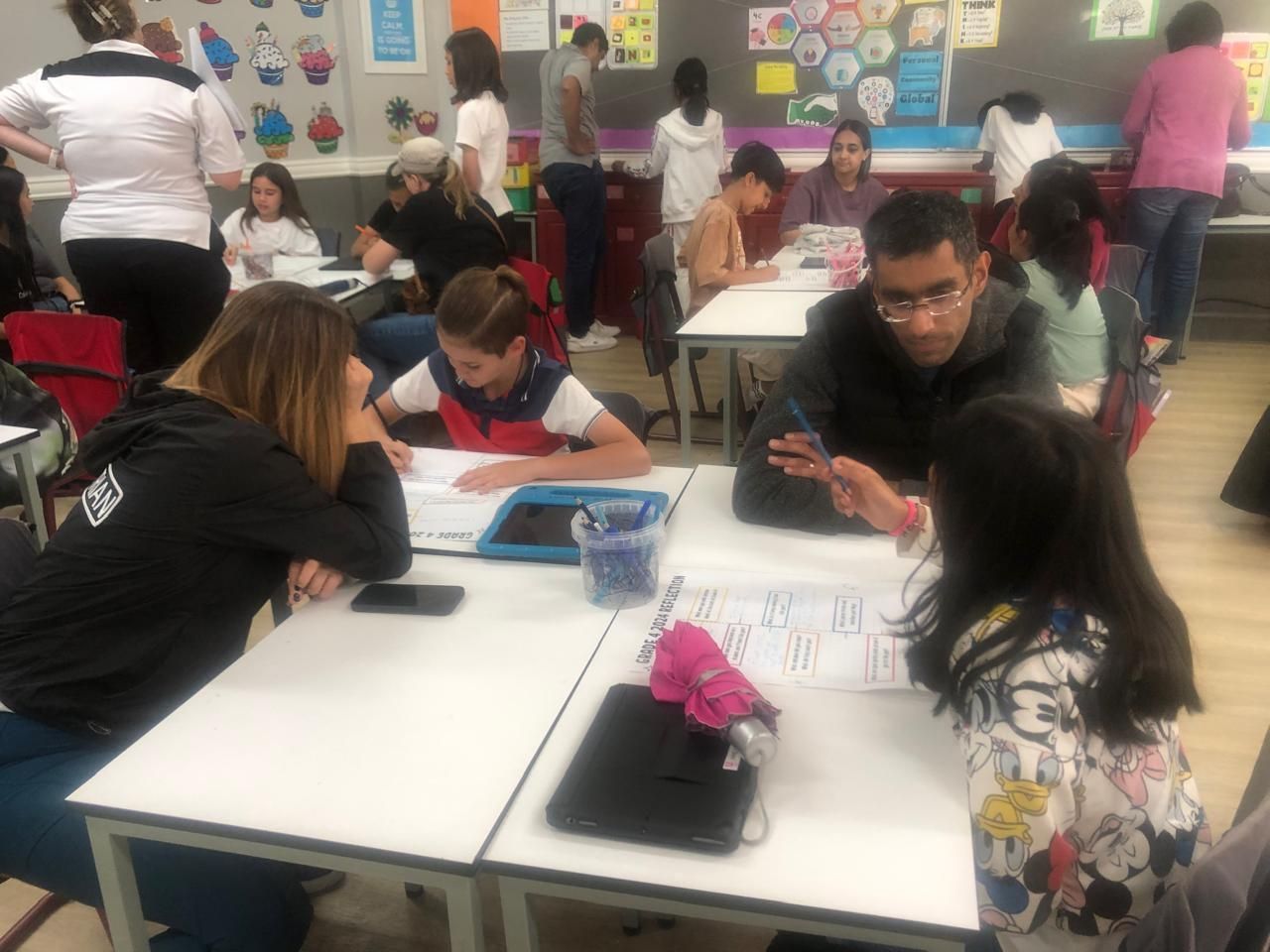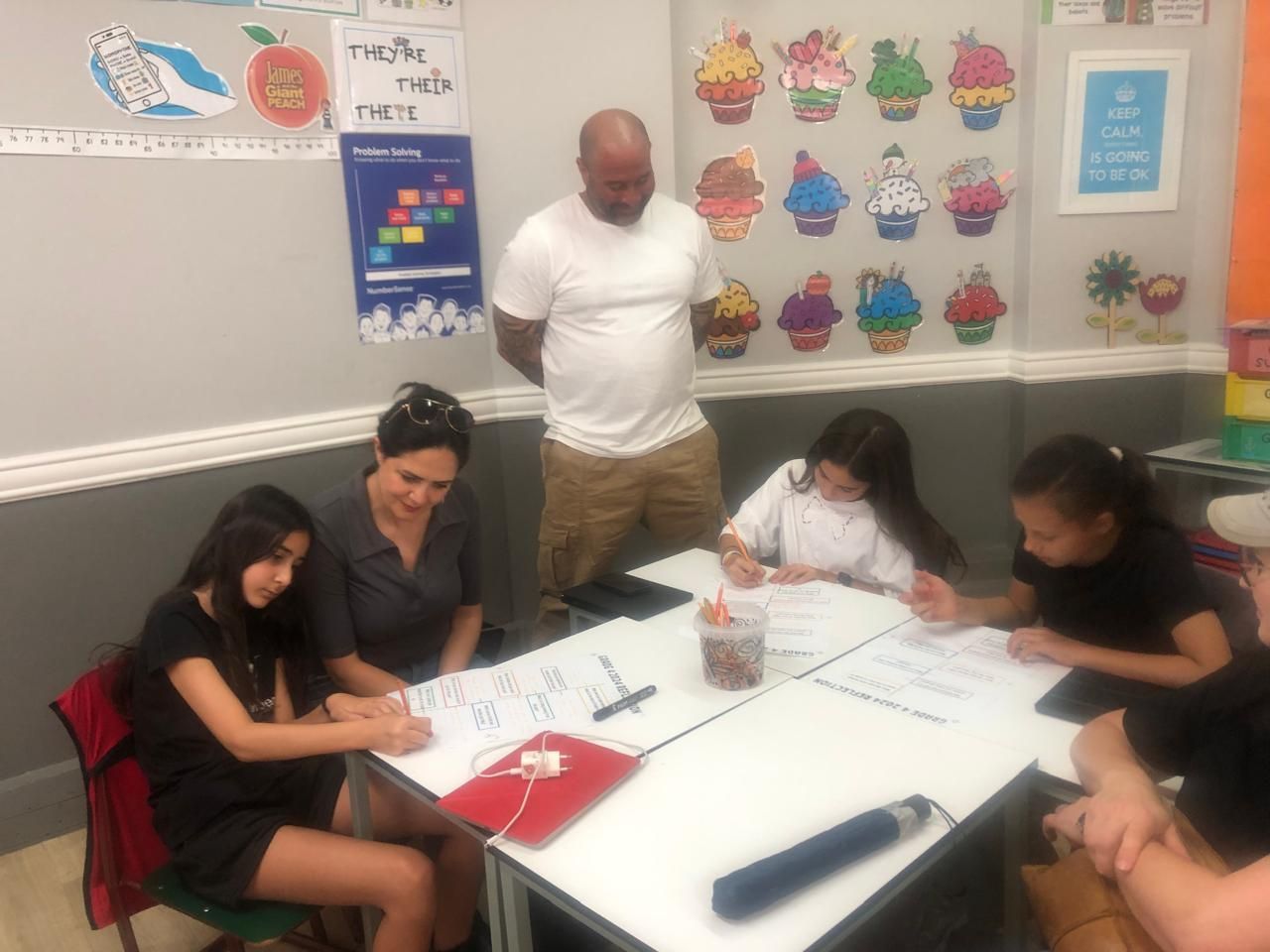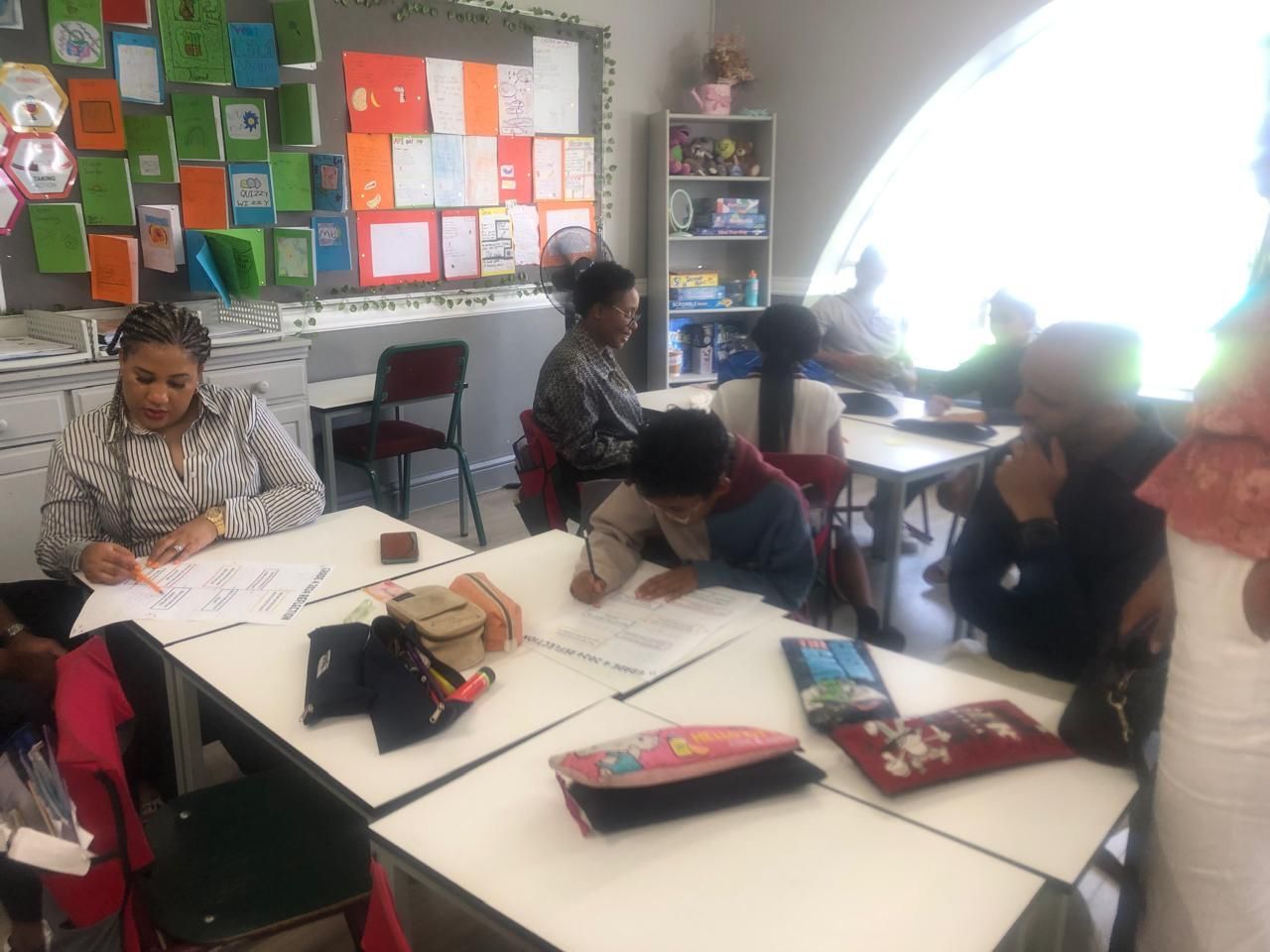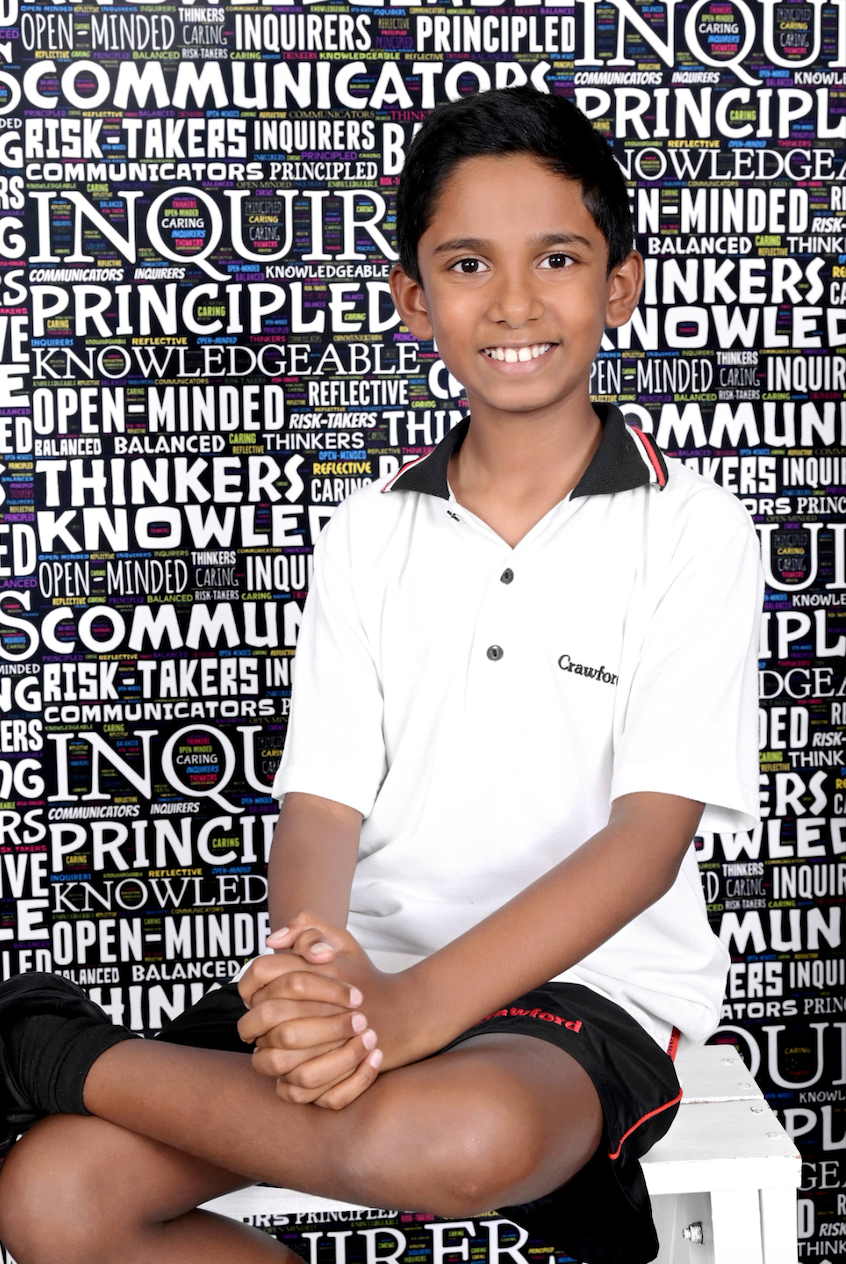Sandton November 2024
December 2, 2024
Pre-Primary
Diwali 2024
Crawford Sandton Pre-Primary was aglow with the spirit of Diwali, as our Pre-Primary and Preparatory students celebrated the Festival of Lights with enthusiasm and joy. The school was transformed into a vibrant wonderland, adorned with colourful decorations, twinkling lights, and intricate rangoli designs.
Puzzle Donation
We would like to take a moment to express our appreciation for Elena Jalayer’s recent donation of puzzles to our school. Her generosity and thoughtfulness have not gone unnoticed, and we are sincerely grateful for her willingness to give back to our community in such a meaningful way.
By donating her puzzles, she has not only provided future students with a source of entertainment and enrichment, but she has also inspired others to follow in her footsteps. We are proud to have a student like her at our school.
Thank you for your kindness, your generosity, and your dedication to making a difference in the lives of others. Elena would like to challenge other students to donate their old puzzles to the school and we are confident that it will encourage a spirit of giving and generosity among our students.
Preparatory
Grade 4 Student-Led Conference
The Grade 4 Student-Led Conference provided an opportunity for students to reflect on their learning and share highlights of their academic year with parents. With guidance from their teachers, students facilitated sessions that included activities such as a Transdisciplinary Unit of Inquiry Kahoot and Math Bingo, demonstrating teamwork and problem-solving skills.
Students also reflected on their growth, achievements, and goals for Grade 5, fostering responsibility and self-awareness. This event strengthened the connection between students, parents, and teachers, highlighting the value of active involvement in the learning process.
Creative Arts Festival (CAF) at Crawford Sandton Preparatory
Congratulations to all the Prep participants for their excellent achievements over the past few weeks. We look forward to seeing the results of the upcoming sections.
Our very own Shining Star
Kiran Moodley, in Grade 5 has been preparing for his dazzling adventure with Disney’s Aladdin! Experience the enchanting tale of the Arabian Nights as it comes to life in a spectacular performance. With a captivating musical score, including the beloved ballad “A Whole New World,” this show promises to be an unforgettable experience!
We sat with Kiran and asked some questions for us:
About the Role and the Play
Q: What character are you playing in the play?
A: Babkak. He is one of Aladdin's best friends. I also play a short role as a chef.
Q: What do you enjoy most about your character?
A: I enjoy the character because it is like mine. We both like good food
Q: Have you read or seen any other versions of Aladdin? How does this production compare?
A: Yes. This is the Disney Junior version. The plot is the same, but it is a condensed version. Some characters, for example the monkey, Aboo, is not in this production.
Q: What is your favourite scene or song in the play? Why?
A: The song I like the most is ‘One Jump Ahead’ because I really enjoy the choreography and it's quite fun.
About the Experience
Q: How did you get involved in the play?
A: I played the role of Pinocchio in the production Disney's 'My Son Pinocchio' earlier this year and I really enjoyed the experience. I auditioned again and was successful in getting cast.
Q: What have you learned from being in the play?
A: I've learnt to be disciplined in both rehearsing for the play and in my schoolwork and managing my time well.
Q: Are you nervous about performing in front of an audience? If so, how do you manage your nerves?
A: At first, I was nervous but as the time went by, I don't feel nervous any longer.
Q: What do you think the audience will enjoy most about the play?
A: I think the dialogue is funny and keeps the audience entertained and engaged.
COLLEGE
Art Exhibition Recap
On Wednesday, 30 October, our Grade 8-12 Visual Art students put their talents on full display in an inspiring exhibition. The event was a success, with parents and students gathered to admire the creative and thought-provoking works showcased throughout the evening, complemented by delicious refreshments. Ms Botha had the honor of presenting certificates to our most dedicated practical students for 2024, recognising their outstanding commitment and remarkable growth throughout the year.
We thank all the parents who attended to celebrate the achievements of these young artists. Congratulations to our Visual Art students! We eagerly anticipate seeing even more extraordinary and imaginative creations in the upcoming year.
Geography Students Rise to the Challenge
On September 17th, a dedicated group of 25 Grade 8 and 9 Geography students participated in a competitive event, showcasing their expertise through a series of challenging questions. Their hard work and dedication truly paid off, as several students earned well-deserved accolades.
Certificates Awarded to Top Performers:
- Bronze Certificate: Simran Soni (Grade 8)
- Silver Certificate: Shivar Sewpersad (Grade 9)
- Gold Certificates:
- Siddharth Rajah (Grade 9)
- Nivaan Niranjan (Grade 9)
- Benjamin Traub (Grade 8)
Among the competitors, Kartikeya Gudladona distinguished herself as the top Grade 8 student, achieving an impressive 10th place overall among Grade 9 participants.
Ms Pettitt expressed immense pride in all the participants, acknowledging their effort and commitment. The geography department is already looking forward to next year's Junior Olympiad, scheduled for September 16, 2025.
Congratulations to all involved for their hard work and achievements. Your dedication to geography is inspiring, and we can't wait to see what the future holds.



